The Autobahn has no speed limits
A rumour prevails in the US about the mythological German Autobahn with no speed limit whatsoever – perhaps a fun fantasy in a country where nearly all car commercials show someone speeding down an airy open road. But the Autobahn (or better yet Autobahnen, since Germany has several highways) does indeed have several sections with speed limits for multiple reasons, be it a sharp turn or construction work. And even the parts with no limit still issue a “recommended” cap of 130 kilometres per hour.
It’s hard to be a vegetarian here
Yes, Germany is known for its many varieties of Wurst and other meaty dishes which would make most vegetarians (and even some omnivores) squirm. But it’s also surprisingly easy not to eat any meat at all in the Bundesrepublik, with 10 percent of all Germans reporting themselves to be vegetarian (compared to two percent of Americans). The figure is even 15 percent for Germans born between 1995 and 2004, according to Statista.
With countless plant-based alternatives in all supermarkets, and at least a couple meat-free choices on even the most mainstream of menus, it’s easier to go veggie in Germany than in many parts of the States.
READ ALSO: Germans eating ‘record low’ amount of meat

No one has a tumble dryer
Germans are known for a number of green practices – whether for environmental or economical reasons – and hang-drying clothes tops the list. But the convenience of quickly chucking clothes in a clunky machine before – voilà – they’re warm and ready to wear hasn’t exuded all Germans.
According to Statista, the number of German households owning a closed dryer increased from around 31 percent in 2000 to nearly 43 percent in 2021. Of course, that still doesn’t come anywhere close to the over 80 percent of Americans who rely on the bulky machine to quickly dry their next outfit or bed sheets, according to a recent Whirlpool study.
Ice cubes are impossible to come by
Many Americans are used to cafes or restaurants putting so many ice cubes in their beverages that they may as well be getting numbed for dental surgery. But even in the heart of summer, you’re unlikely to be served anything with ice – unless of course, it’s Eis (ice cream).
That doesn’t mean that ice cubes (Eiswürfel) aren’t lurking around though, as many businesses will gladly provide a few on request. And iced coffee drinks have gotten so popular in recent years that they’re now standard fare at many cafes, at least in bigger cities. But a frosty, ice cold beer like you could find in the USA? Don’t even bother asking.
There’s no air conditioning
As with ice cubes, many Americans like to take their attempt to cool down to the extreme. So they might be a bit wary of the typical German form of A/C – usually shades pulled down or a rotating electric fan.
But as more (or at least longer) heat waves emerge, it’s not uncommon to see more businesses using an American-style A/C. According to Statista, the demand for air conditioning nearly doubled between 2012 and 2021.
READ ALSO: Ditching AC for ‘Hitzefrei’: Taking on the German summer as a Californian
Bavaria is Germany
Many Americans with little or no prior knowledge of modern day Germany might assume that Lederhosen, dirndls and giant beers are emblematic of the Bundesrepublik.
While they might be partially right about the latter, it goes to show that Germany’s 15 other diverse states are not as known internationally. But in this sense, Bavaria is a lot like the US’s arguably most widely stereotyped state of Texas: it boasts a distinct accent, unique attire, and a more religious and socially conservative population as a whole.
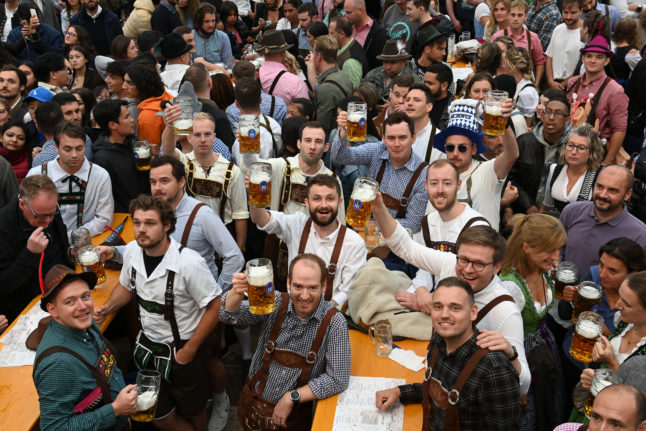
Oktoberfest is in October
With many Americans claiming some German heritage (or at least having an affinity for oversized beer and pretzels), events paying ode to Germany’s largest festival abound every year across the States. But many aren’t aware that, contrary to the name, the Munich mass celebration starts in September, usually around the middle of the month. This year’s festivities run from September 16th to October 3rd.
READ ALSO: 10 unmissable events in Germany this September
Germans will accept you as their own if your great-great uncle was German
Speaking of heritage, many Americans like to proclaim to be part-Italian or part-German even if that connection dates back many, many years. They might expect a minor homecoming when stepping onto German soil, especially if one of the many Americans boasting a German surname. But, unfortunately, it can be a challenge to feel like an insider in the Bundesrepublik, even for those who’ve of us who’ve lived here for many years and speak the language.
That said, there are indeed friendly Germans (just like, contrary to the myth, there are ones with a sense of humour) who will listen to your family heritage stories, ideally in a non-air conditioned pub with room temperature beer and a few vegetarian options.

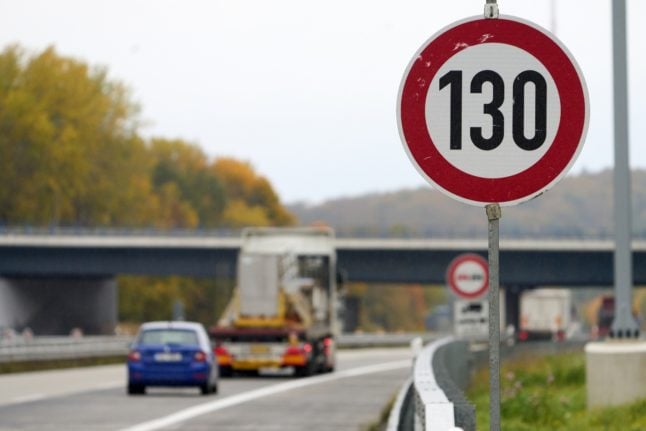
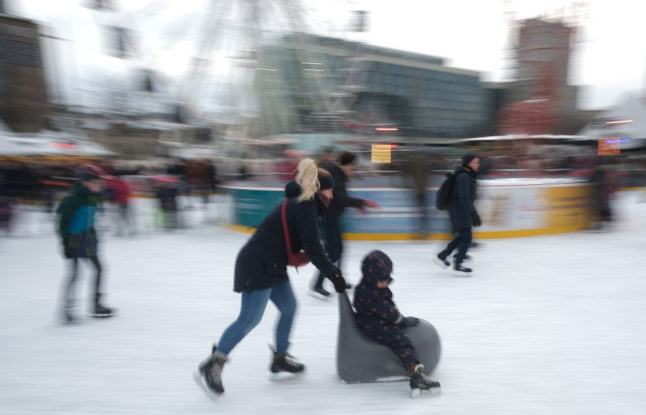
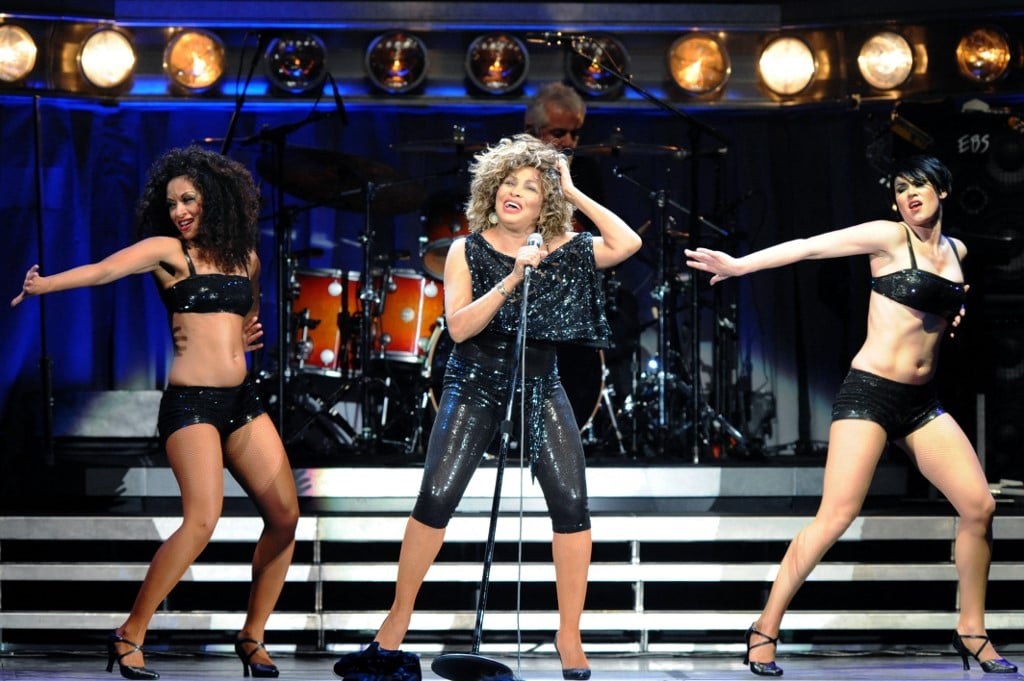
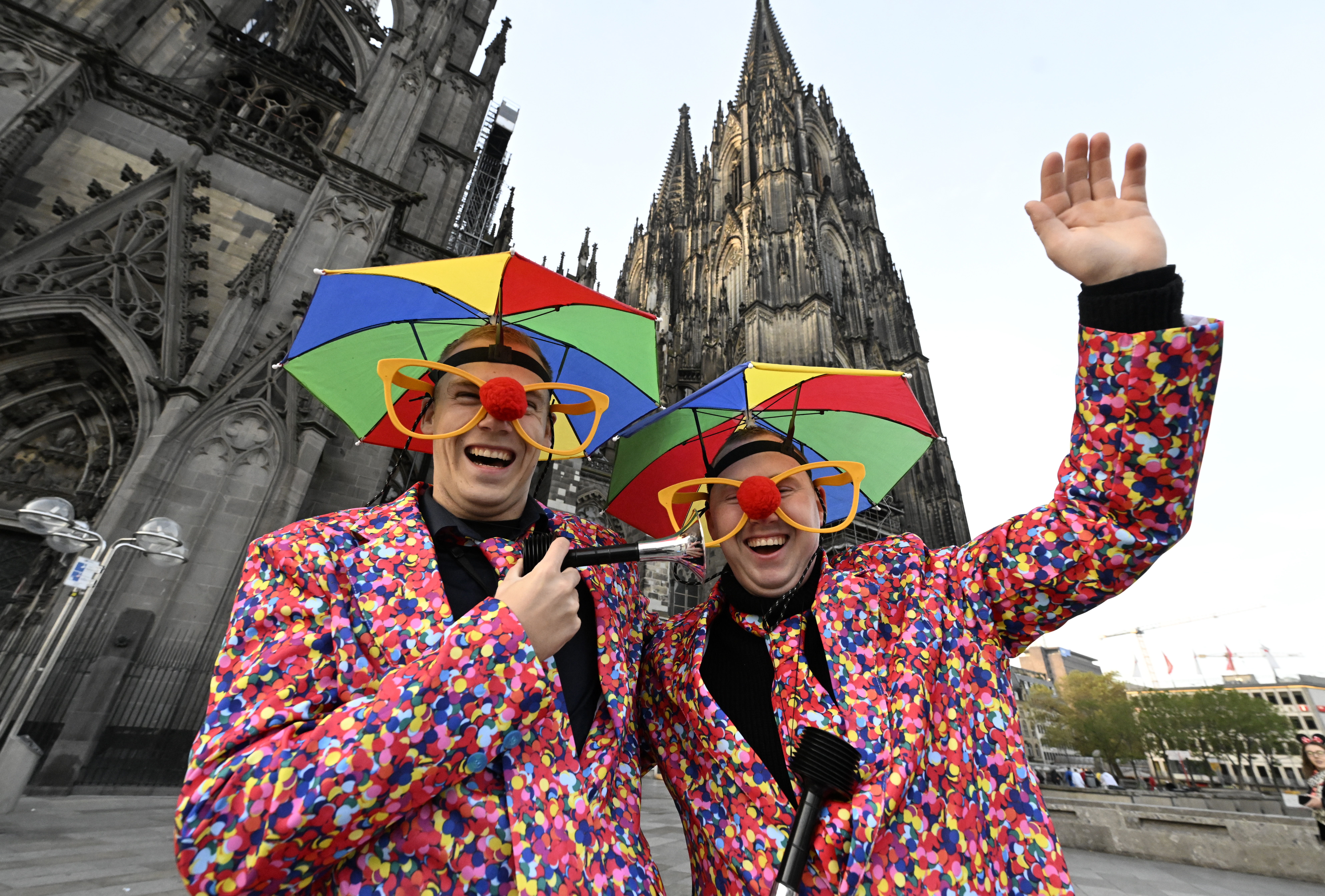
 Please whitelist us to continue reading.
Please whitelist us to continue reading.
Member comments